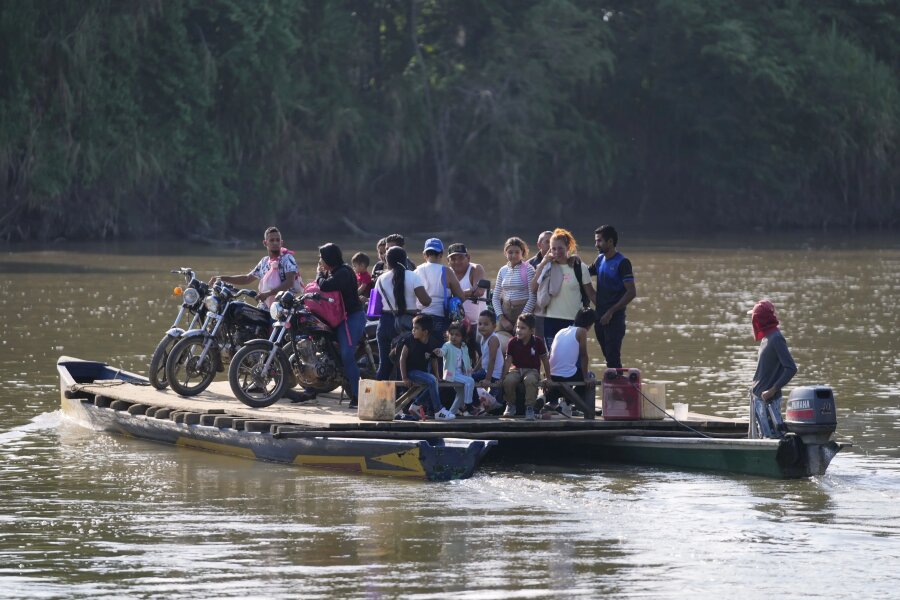Best Arrests & Searches Lawyers in Tuzla
Share your needs with us, get contacted by law firms.
Free. Takes 2 min.
List of the best lawyers in Tuzla, Bosnia and Herzegovina
We haven't listed any Arrests & Searches lawyers in Tuzla, Bosnia and Herzegovina yet...
But you can share your requirements with us, and we will help you find the right lawyer for your needs in Tuzla
Find a Lawyer in TuzlaAbout Arrests & Searches Law in Tuzla, Bosnia and Herzegovina
In Tuzla, Bosnia and Herzegovina, the laws governing arrests and searches are designed to protect citizens' rights while ensuring public safety and the enforcement of justice. The legal framework is influenced by both national legislation and international human rights standards, especially the European Convention on Human Rights. During an arrest or search, authorities must adhere to legal protocols to ensure that individuals' rights are not infringed upon. These laws dictate the procedures police must follow during an arrest, the conditions under which a search warrant is necessary, and the rights of individuals during these processes.
Why You May Need a Lawyer
Navigating the legal landscape of arrests and searches can be complex, especially for those unfamiliar with their rights or the legal system. Common situations requiring legal assistance include unlawful arrests, illegal searches, or when an individual's rights might be compromised during arrest or interrogation. A lawyer can provide essential advice on the legality of the processes, represent individuals in court, and ensure that the legal standards are upheld to protect their client's rights. Legal counsel is especially crucial if charges are pressed following an arrest, ensuring that the defense is adequately prepared and represented.
Local Laws Overview
The legal framework in Tuzla emphasizes the protection of human rights and the rule of law. Key aspects include the requirement for police to present a valid warrant before conducting a search, except in specific situations where probable cause is evident. Individuals have the right to be informed of the reasons for their arrest and to have legal representation. The Criminal Procedure Code outlines these procedures, emphasizing transparency and accountability. Furthermore, any evidence obtained through unlawful searches may not be admissible in court, reinforcing the importance of adhering to legal standards.
Frequently Asked Questions
What are my rights if I'm arrested?
Upon arrest, you have the right to be informed of the reasons for your arrest, the right to remain silent, and the right to legal representation.
Do police need a warrant to search my home?
Yes, typically a warrant is required to conduct a search of your home unless there are exigent circumstances that justify a warrantless search.
Can I refuse a search if police don't have a warrant?
You can refuse a search if the police do not present a valid warrant unless certain exceptions apply, such as probable cause.
What should I do if I believe my rights were violated during an arrest?
Seek legal advice immediately to explore your options for filing a complaint or taking legal action against unlawful conduct.
How long can I be held in custody without being charged?
Generally, you cannot be held for more than 24 hours without being formally charged, though exceptions can apply under specific conditions.
What happens if evidence was obtained illegally?
Evidence obtained through illegal searches is typically inadmissible in court, and your lawyer can move to have it excluded from proceedings.
Can I consult a lawyer before answering police questions?
Yes, you have the right to consult a lawyer before answering questions and can choose to have your lawyer present during interrogation.
Are there specific laws tailored for juvenile arrests?
Youths are subject to special considerations under the law, including parental notification and access to a juvenile lawyer.
Do I have to answer all questions asked by police?
You are not obliged to answer questions beyond providing identification and can invoke your right to remain silent until your lawyer is present.
What should I do immediately after an arrest?
Stay calm, do not resist arrest, ask for a lawyer, and make note of the details and conduct of your arrest for future reference.
Additional Resources
For further assistance, individuals can contact the local Bar Association in Tuzla, human rights organizations, or legal aid societies that provide free consultations. Governmental bodies, such as the Ministry of Justice, can also offer guidance and access to legal resources for those seeking redress or understanding of their rights.
Next Steps
If you need legal assistance regarding arrests and searches, it is advisable to contact a qualified lawyer at the earliest opportunity. Prepare a summary of your situation, including any documentation or evidence you have, and explore whether you qualify for legal aid to support your case. Strengthen your understanding of your rights and stay informed about the processes to better navigate any legal proceedings.
The information provided on this page is intended for informational purposes only and should not be construed as legal advice. While we strive to present accurate and up-to-date information, we cannot guarantee the accuracy, completeness, or currentness of the content. Laws and regulations can change frequently, and interpretations of the law can vary. Therefore, you should consult with qualified legal professionals for specific advice tailored to your situation. We disclaim all liability for actions you take or fail to take based on any content on this page. If you find any information to be incorrect or outdated, please contact us, and we will make efforts to rectify it.









